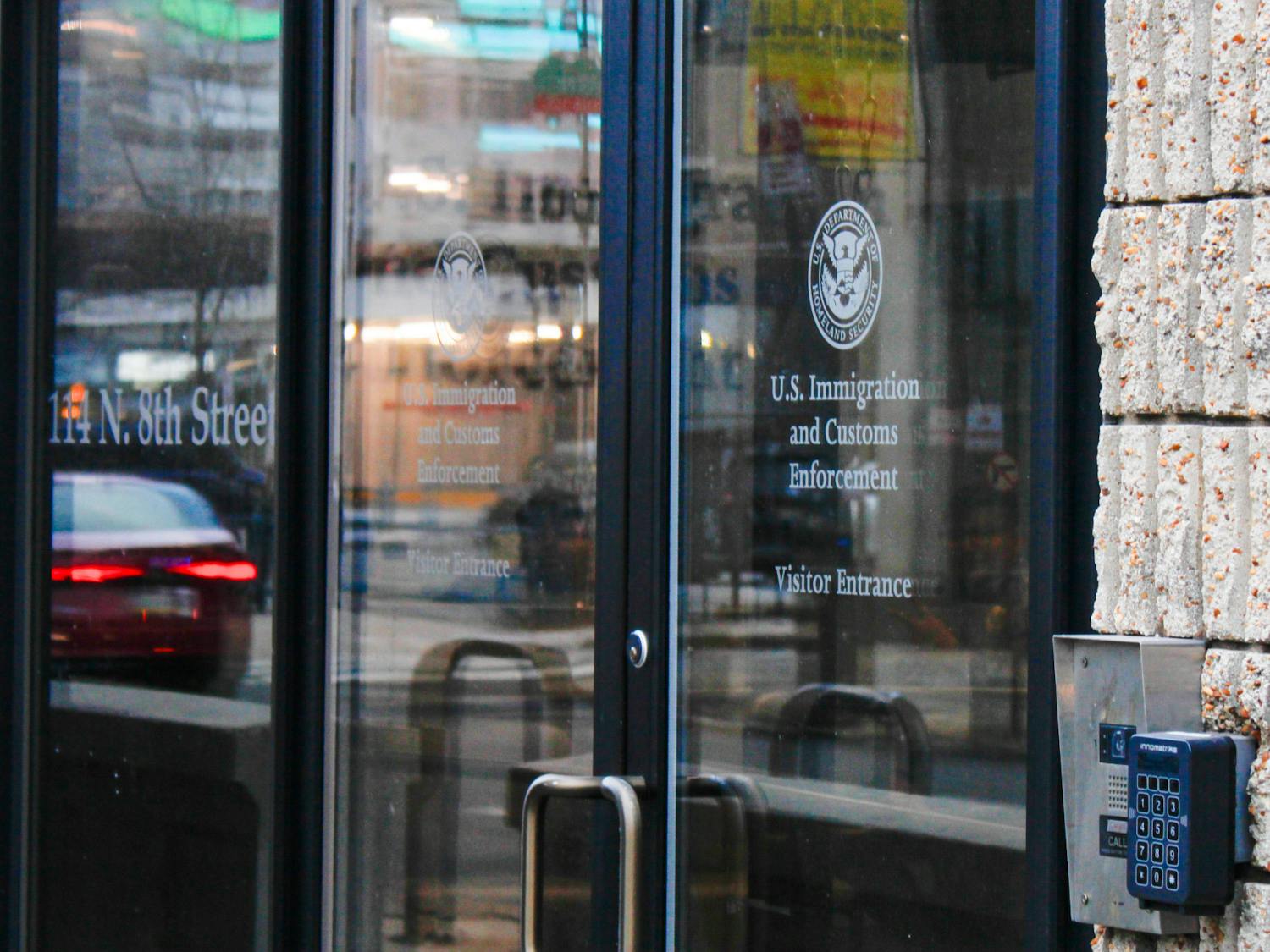What’s in a word? If we had defined the 9/11 attacks as a crime, the world would be very different today. Instead, we defined 9/11 as an act of war. The consequences of choosing that word have been disastrous for the world and most of all for America.
On July 21, 2005, the London transport system was attacked by suicide bombers connected to al Qaeda. United Kingdom police arrested four people who were convicted in criminal courts in 2009 of conspiracy to murder. They remain in civilian prisons with a minimum sentence of 40 years each.
On July 7, 2005, a similar conspiracy on subway trains and one bus killed 52 people and the four bombers, who were British radical Islamists. The 52 deaths were duly treated as crimes and included in London’s total count of murders in 2005.
Yet on September 11, 2001, when almost 3,000 people died under similar circumstances, neither the Federal Bureau of Investigation nor the New York Police Department counted the deaths as crimes. The FBI mentioned the deaths in a separate section of the national crime report, asserting that they were different from the day-to-day crime the rest of the report covered. Since the report also defines murder as the “willful (nonnegligent) killing of one human being by another,” this decision was hard to justify under their own standards of counting and reporting crimes. Had we treated 9/11 as a crime, we would have had a far broader range of options — and far fewer American deaths.
The standard response to a crime is to investigate the facts and identify the people who have caused it. When a crime is committed by someone who is not resident in the country where the crime happens, we rely on diplomatic agreements and extradition treaties. Interpol, the International Criminal Police Organization with 188 member nations, exists to coordinate and assist cross-national criminal investigations, yet it has rarely been mentioned in the post-9/11 debates.
Instead of invading Afghanistan and Iraq, President George W. Bush could have proposed a massive infusion of United States funding to Interpol. The money could have supported multi-national efforts to track and prosecute anyone who had supported the 9/11 attacks. Nations like France that refused to join the U.S.-led coalitions in Iraq and Afghanistan would gladly have supported efforts led by Interpol, which has been headquartered in France for decades.
Of course these arrangements work more effectively in countries that have a stronger rule of law than in dictatorships, many of which belong to Interpol. But at least the definition of 9/11 as a crime would have kept the world’s focus on the criminals. Any who had been caught could have been brought to the International Criminal Court in the Hague.
The U.S.-led Nuremberg war crimes trials set the template for an international criminal court. The United States has refused to sign the treaty that would give the Hague court jurisdiction over Americans, for many complex reasons. But with or without a literal world court, the metaphorical world court of public opinion is still a social fact. And in that court today, the United States is often seen as more criminal than the terrorists.
As the leader of global police executive education programmes with police leaders from India, Hong Kong, Sweden, Australia, Chile, the United Kingdom and other countries, I hear many opinions about what the United States has done in the past decade — many of them highly critical. Many even feel that the United States should not have murdered Osama bin Laden, when we might have brought him to trial. They cannot believe that so many Americans implicitly accepted the idea that invading Iraq was a sensible response to 9/11.
It is no idle thought experiment to compare a policy of investigating terrorism to a policy of invading countries in which terrorists are based. Both policies would address the fundamental public desire for justice to be done. Yet even if war can be used for justice, as distinct from self-defense, it is by far the most expensive option. The expense is not just money and not just the live of thousands of U.S. warriors. The expense includes the hatred a nation provokes when it invades the territory of another country. Most of all, the price of a divisive war is the disintegration of a warring society. Had we invested in a policy of criminalizing the acts of terror rather than “nationalizing” them in order to wage war, the United States would be a far happier place. Its economy would be stronger, its discourse more civil, and its only Tea Party a matter of Revolutionary War history.
Fight crime. Avoid wars. When terrorists provoke war, they win. When we prosecute terrorists as criminals, we hold the moral high ground. That is the lesson of a tragic decade.
Lawrence Sherman is the Wolfson Professor of Criminology at Cambridge University. His email address is Lawrence.Sherman@crim.cam.ac.uk.








